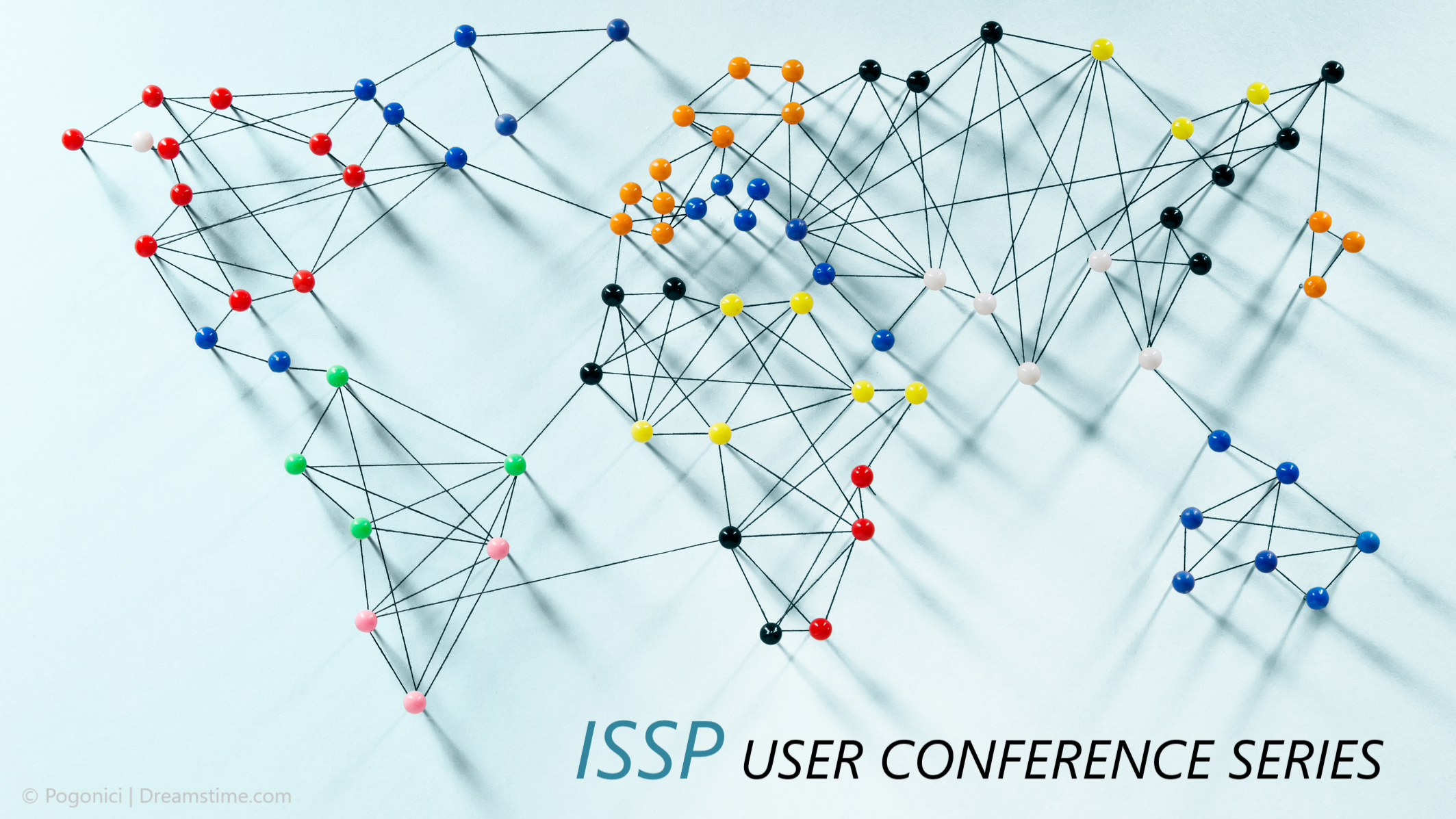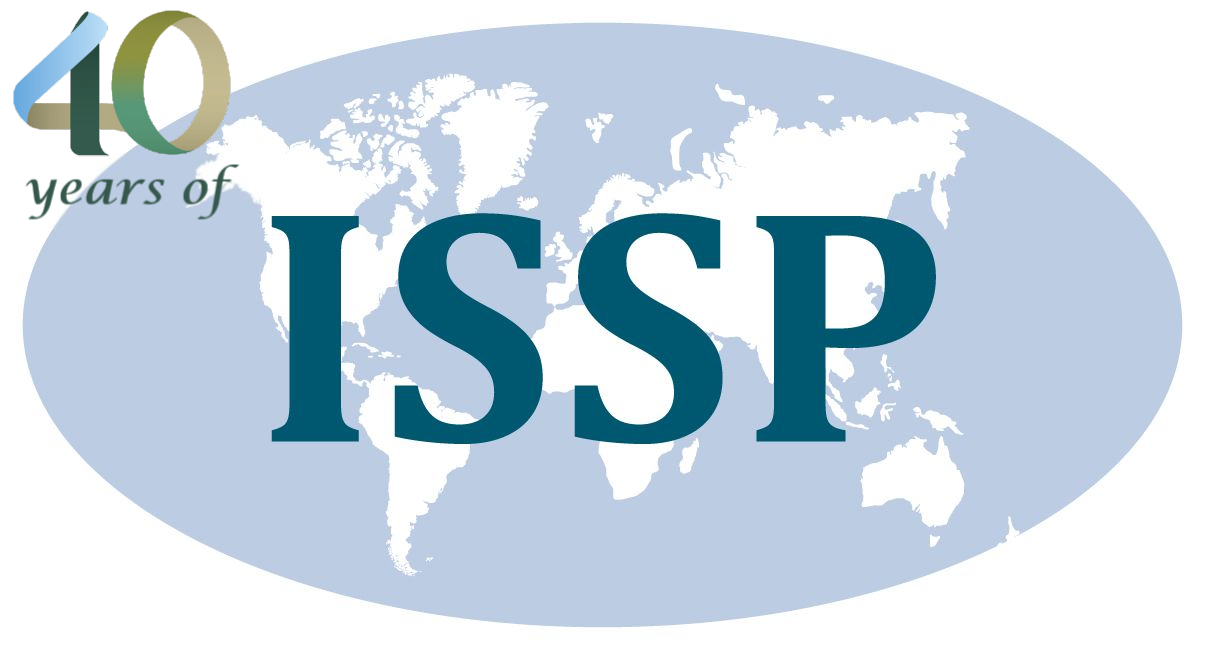
Since 1986, the ISSP has provided high-quality data on attitudes and behaviors on important societal issues such as family, health, work, religion, the role of government, social inequality, the environment, national identity and citizenship, social networks, or leisure and sports.
The newly launched ISSP User Conference Series is designed to provide a platform for the various global research activities based on cross-national ISSP data. It aims to stimulate exchanges between individual researchers, to expand the ISSP research community, to increase the ISSP’s visibility and to inform the global policy discussions on important societal issues.
The ISSP User Conference will be held once a year and will focus on a different main theme each year, starting with Social Inequality in 2022.
4th ISSP User Conference on Health and Health Care
Online Event | November 24, 2025 | 12:30-15:00 (CET)
The ISSP and the International Journal of Sociology are excited to announce the upcoming 4th edition of the ISSP User Conference, which will be held online on November 24, 2025.
You can register for the conference here:
Program:
You can download the conference program, including the abstracts, as a PDF.
| 12:30 – 12:40 | Short welcome and introduction to the ISSP Stephanie Steinmetz (University of Lausanne) |
| 12:40 – 13:10 | Beyond Belief: How Religion and Secularism Forge Divergent Paths in Health Perception and Practice Manish Sinsinwar, & Kshipra Jain (University of Rajasthan, India) |
| 13:10 – 13:40 | Stratification in Health: How the Intersection of Age, Gender, and Education Shapes Self-Rated Health Across 50 Years of the Life Course in Suriname and Beyond Nancy M. Gooding, Tamira E. Sno (both ADEK University of Suriname) & Harry Ganzeboom (VU University Amsterdam) |
| 13:40 – 14:10 | Healthcare and the Social Contract: Trust, Satisfaction, and Inequality Across Nations Sigrún Ólafsdóttir (University of Iceland) & Bernice A. Pescosolido (Indiana University) |
| 14:10 – 14:40 | What factors explained willingness to pay more taxes to improve public healthcare in the COVID-19 era: Learning from the International Social Survey Nazim Habibov, Alena Auchynnikava (both University of Windsor, Canada), Yunhong Lyu (Trent University, Canada), Lida Fan (Lakehead University, Canada) |
| 14:40 – 15:00 | Closure of the conference |
Organizers:
The ISSP Secretariat and the International Journal of Sociology (IJS).
Contact:
For any questions related to this online conference, you can contact the ISSP Secretariat.
Past Events
ISSP Methods Webinar “Cross-country and cross-time comparisons using multilevel models“
Speaker: Bart Meuleman, KU Leuven (Belgium)
Date: April 10, 2025
We were delighted to welcome many participants to the ISSP Methods Webinar, “Cross-country and cross-time comparisons using multilevel models“, presented by Bart Meuleman (KU Leuven, Belgium) on April 10, 2025. The session offered interesting insights into using multilevel models to analyze international survey data across countries and over time. For those who couldn’t attend—or would like to revisit the webinar—the presentation slides are available here.
3rd ISSP User Conference: “Celebrating 40 Years of the International Social Survey Programme”
Date: November 25, 2024
A big thank you to all participants for their exceptional contributions, and congratulations once again to the winners of the Best Paper Award Matthias Penker and Rebecca Wardana for this well-deserved recognition! If you could not attend or would like to revisit the event, you can access the full program here: PDF
2nd ISSP User Conference: “Environment”
Date: December 4, 2023
A warm thank you to all who joined us for the 2nd ISSP User Conference, centered around the theme of “Environment”. The conference, held on December 4, 2023, featured engaging presentations and dynamic discussions. If you couldn’t attend or would like to revisit the event, you can access the full program here.
1st ISSP User Conference: ‘Social Inequality‘
Date: December 12, 2022
The 1st ISSP User Conference focused on “Social Inequality” and took place on December 12, 2022. If you missed it or would like to review the program, you can find it here.
